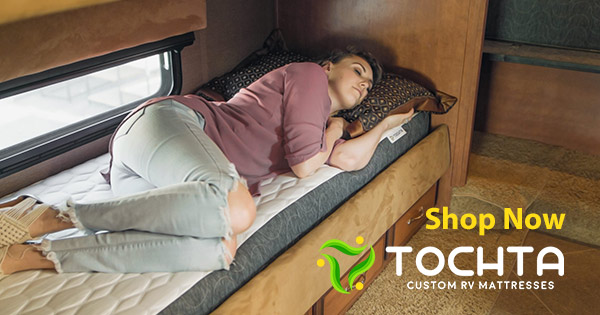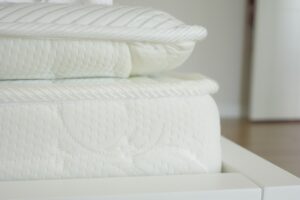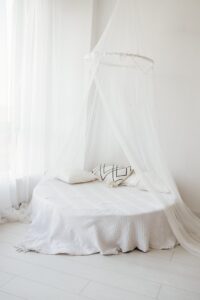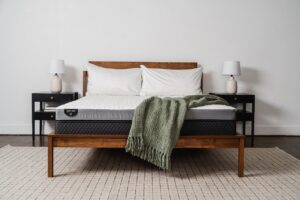Sleep is an integral part of life as a human being. We need to get as much sleep as we can, in order to ensure that we are able to operate and function the most productively and efficiently.
Lack of sleep or poor sleep can have a far greater impact than one might think. Things such as our productivity and reaction times can be negatively impacted by a lack of sleep.
Science suggests that adults require at least 7 hours of sleep per night. If you’re not getting that much sleep, it is critical to your health and well-being to work out a sleep routine that works for you.
Here are some helpful tips for how to get better sleep.
Use Sleep Aids
Sleep aids can help to soothe and calm your body before bedtime, with the intention of helping you to get a better and more restful night of sleep. There are plenty of different sleep aids that you can consider to improve your sleep.
One of the most popular choices is melatonin, a hormone found naturally in the body that is used as a synthetic sleeping aid. In 2019, sales of melatonin in the US exceeded $1 billion- many people utilize the benefits of this sleep aid!
There are other techniques you might consider using as sleep aids, such as apps that play white noise or mimic the sound of rain. Experimenting with different sleep aids will help you to discover what works best for you.
Limit Device Use Before Bed
Using devices like a phone or iPad before bed can be detrimental to your sleeping pattern. These devices impact sleep because they stimulate your brain and keep you awake for longer.
Blue light, produced by devices, can delay the body’s production of melatonin, and this can interfere with your sleeping routine. When you consider how many of us take our phones to bed with us, it’s no wonder many American adults (and teens) are suffering from poor and broken sleep.
If you are in a situation where device use close to bedtime is necessary, blue light glasses or adjusting the light settings on your device can help.
Routine is Important
Never underestimate the importance of having a schedule and routine in place. Studies have proven that having a bedtime routine contributes to better sleep.
Try to keep as many factors of your sleep routine consistent as possible. If you do a skincare routine before bed, try to do it at the same time each night. Consistency in timing allows your body to develop a stronger circadian rhythm, which contributes to better sleep.
Natural Light
Increasing your exposure to natural light and sunlight can significantly help when it comes to improving the quality of your sleep. In fact, it is proven that getting more sunlight can actually help you to get more sleep, because sunlight can lead to an increase in serotonin, a vital hormone in the body’s sleep cycle.
Spending 30-45 minutes each day getting exposure to sunlight is one of the best ways of helping your sleep cycle at night.
Less Caffeine
Caffeine is a great boost for brain functionality and concentration, especially in the mornings. So many of us can’t survive that early morning team meeting without a couple of mugs of steaming coffee.
However, the boost that caffeine can give us can be detrimental at night time. It’s best to try to reduce caffeine consumption as much as possible, particularly in the hours before bed, if you’re trying to find how to get better sleep.
Comfortable Mattress
Changing your mattress can make a great difference in the amount of sleep you’re getting. The quality of your mattress and bed is one of the first places you should be looking if you are having sleep problems.
Because comfort plays such a massive role in achieving better sleep, a custom mattress developed to suit your individual needs can really help to enhance your sleep. A custom mattress will provide you with the best possible conditions to get as much calm and uninterrupted rest as possible.
How to Get Better Sleep
These are some of the best ideas you can utilize to help you develop a successful sleep routine and improve your sleep. Experimenting with one or multiple of these ideas can help you find the perfect balance of sleep conditions for you.




